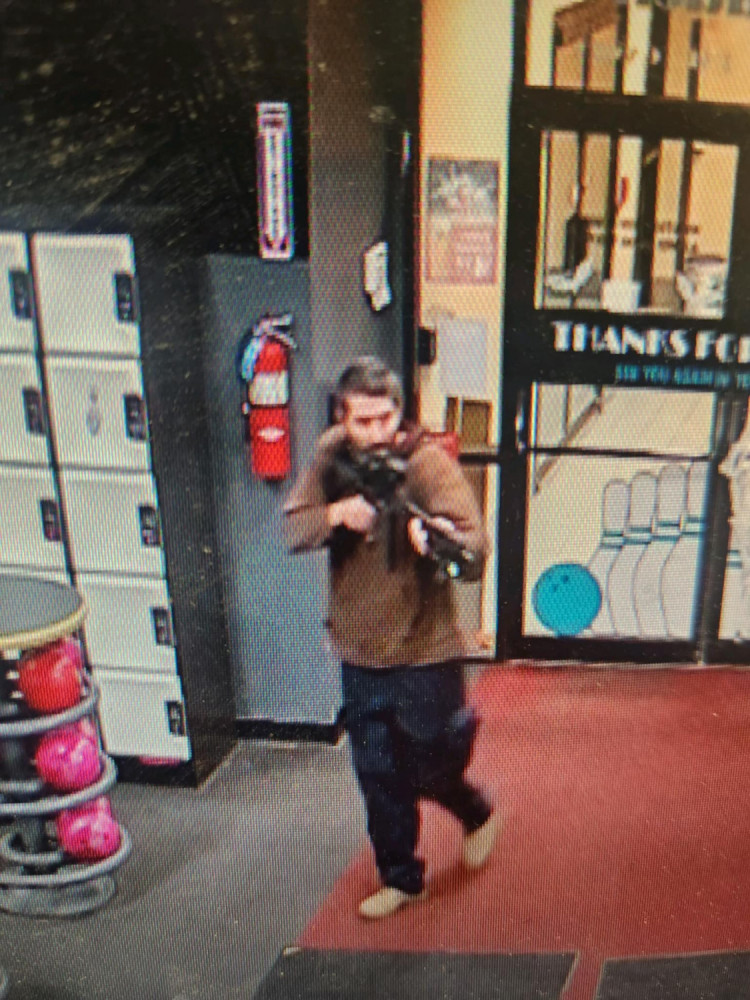The intensifying search for Robert Card, the prime suspect in the tragic Maine shooting that claimed 18 lives, now reaches across borders and terrains. As U.S. federal and state agencies rally their resources, Canada too has heightened its border alerts, fearing the alleged shooter's escape or infiltration.
Three days post the harrowing massacre across two venues in Lewiston, the Canada Border Services Agency has upped its vigilance to guard against any potential threat or unlawful entry. This strategic coordination follows after the late-night shooting spree that transformed a bowling alley and a restaurant into grim crime scenes.
St. Stephen Mayor, Allan MacEachern, aware of the enhanced scrutiny at the border, relayed his own warning to local residents. "We're going to make sure everyone knows: Keep your eyes and ears open for any strange activity," he voiced in a conversation with Global News.
U.S. search operations, in contrast, canvas land, sea, and air. Authorities have scoured areas with Card's known affiliations, such as his hometown of Bowdoin. The fugitive's familiarity with this terrain poses unique challenges. "It's his stomping ground," neighbor Rick Goddard described. "He knows the area really well... There's a lot of places you can be in the woods and never be seen."
The manhunt, in its current intensity, also springs from the alarming digital footprint Card has left behind. Engaging with a plethora of online content, Card's interests seemingly veered towards conspiracy theories, some specifically related to President Biden and Democratic leaders. This digital persona, paired with his training as a U.S. Army Reserve marksman and ownership of vessels like jet skis and boats, suggests a man both ideologically and physically armed.
The narrative of this tragedy deepens with insights from an unidentified U.S. official. Conversations with The Associated Press unveiled concerns within the Army Reserve's 3rd Battalion about Card's behavior during training at the U.S. Military Academy at West Point. This led to an evaluation of Card by police in July, indicating preceding indications of his erratic demeanor.
Lewiston, bearing the brunt of this tragedy, finds its community in shock. This city, the second-largest in Maine with a population of 37,000, embraces a rich culture of gun ownership rooted in hunting and sport shooting traditions. Yet, even for a state that reported 29 homicides in the entirety of 2022, this mass shooting, the worst in Maine's history, casts a long, unsettling shadow.
As Col. William Ross of the Maine State Police summed up in a press briefing, Card is categorically a man "who should not be approached." The collaboration between U.S. and Canadian forces underscores this sentiment and the urgency to bring him to justice.




